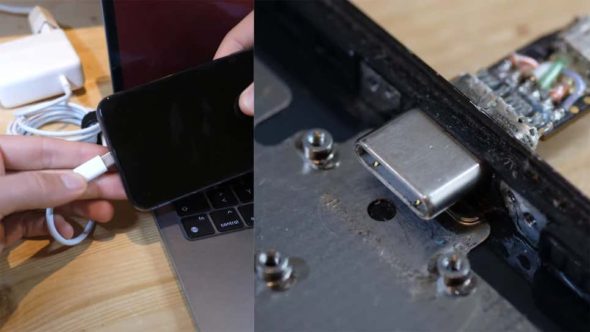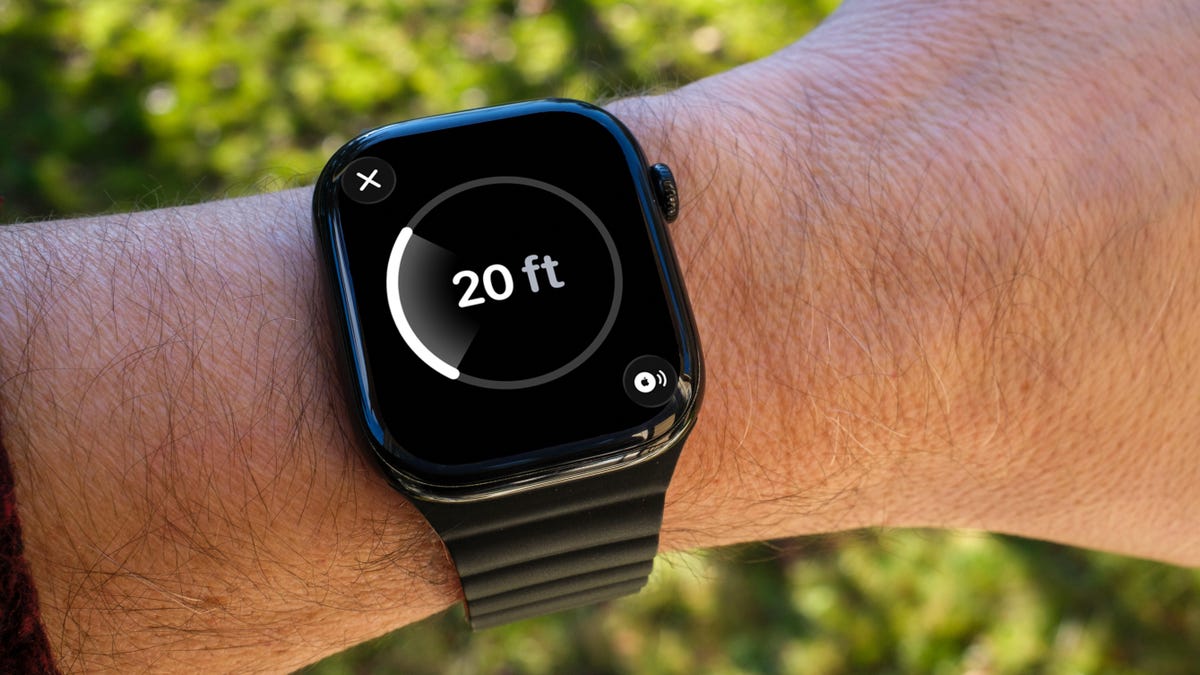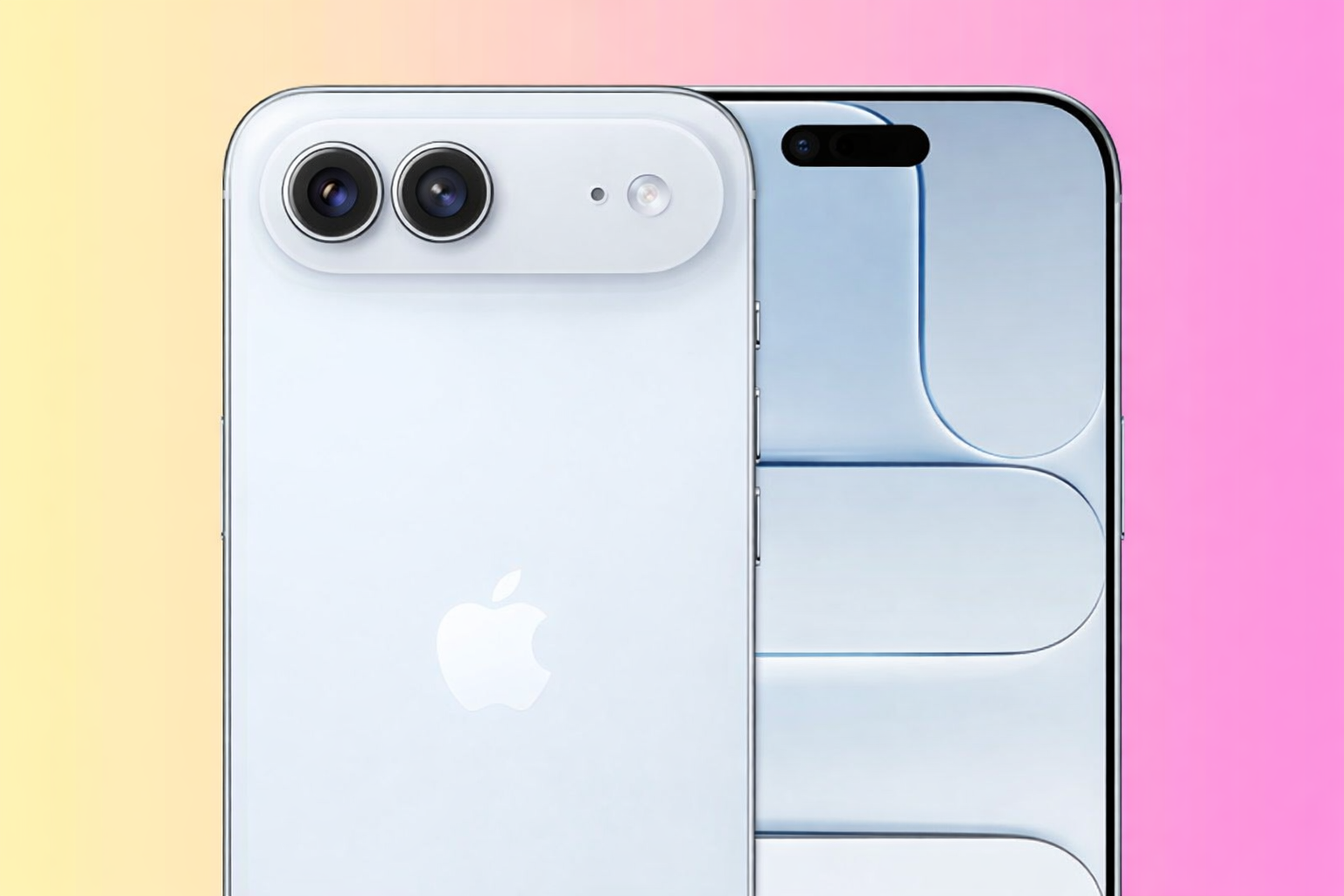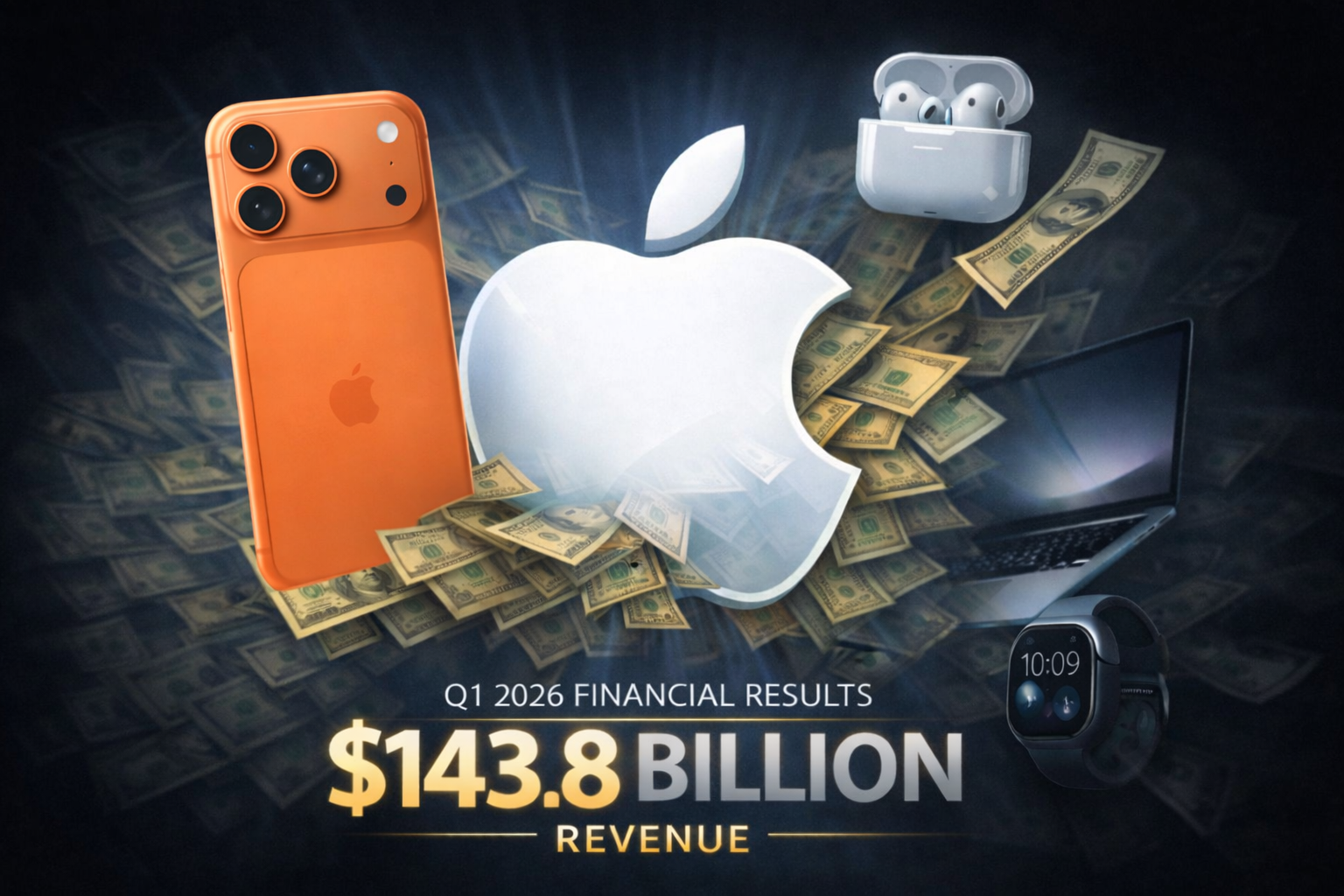We know that the European Union has approved the adoption of the USB-C standard as a charging port and it will be the approved for all phones, including the iPhone, and Apple is struggling to avoid this, and it may cancel the charging port permanently because of this forced decision, and it is already on its way, see our article the previous "Apple's plan to gradually remove all iPhone ports“And while this is the case, an engineer made the world’s first USB-C charging port for the iPhone, how is that?

In a recent YouTube video, engineering student Ken Bellonel shared how, after a great deal of work and some hard reverse engineering, he finally managed to add a USB-C port to the iPhone X and the port works just fine.
Apple has slowly updated most of its iPad lineup to support USB-C, and many people were hoping the company would do the same with the iPhone. Full USB-C adoption will make it easier for Apple device owners to use the same cable to charge all of their devices. Although rumors of Apple support for USB-C on the iPhone date back to 2018, Apple hasn't mentioned that it will adopt it in any of its phones, which makes Bellonel's design even more impressive. Watch the video:
One of the hardest parts of the process, Bellonel said, was figuring out how to use Apple's C94 connector, the circuit that Apple sells to makers of external accessories for use in Lightining cables and connectors. C at the end.

This was not the end of the challenge. The other major hurdle, Billonel said, was getting all the new components to fit into the iPhone's chassis, which eventually required him to completely reverse-engineer the C94 circuit board. In the end, Billonil succeeded in this arduous attempt and it paid off perfectly. The iPhone can be charged with a USB-C cable and data transfer without problems.
Billonel said he will post a detailed video and explanation of the conversion process later.
Source:



24 comment